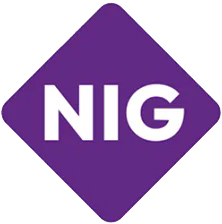All veterinary surgeons in the UK must maintain professional indemnity insurance as a condition of RCVS registration. Our policies meet and exceed RCVS minimum requirements, ensuring full compliance with professional obligations.
- Clinical governance and quality assurance
- Continuing professional development requirements
- Professional conduct and ethics compliance
- Client communication and consent protocols
- Record keeping and data protection standards
- Medicines and controlled drugs regulations
Regulatory Investigation Support
Full support for RCVS investigations, disciplinary proceedings, and professional conduct hearings, including legal representation and expert witness costs.


 0330 127 2333
0330 127 2333








